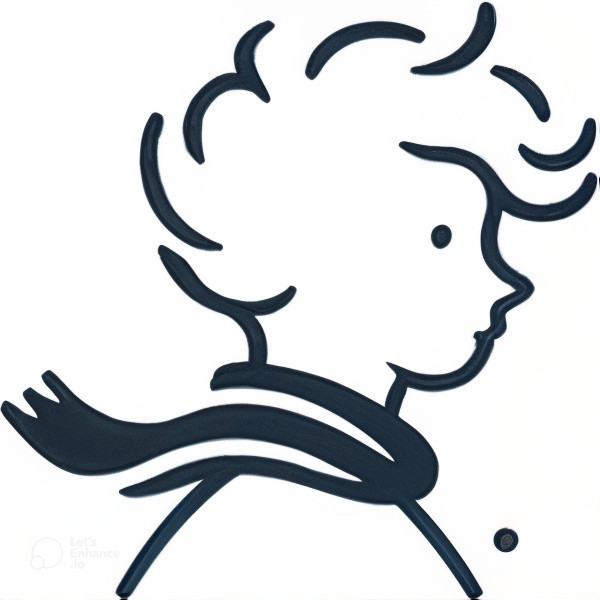Humor vs Wit
Here is the definition of humor, ready to hand:
humor is "the mental faculty of discovering, expressing, or appreciating ludicrous or absurdly incongruous elements in ideas, situations, happenings, or acts," with the added information that it is distinguished from wit as "less purely intellectual and having more kindly sympathy with human nature, and as often blended with pathos.
"A friendly rival in lexicography defines the same prized human attribute more lightly as "a facetious turn of thought," or more specifically in literature, as "a sportive exercise of the imagination that is apparent in the choice and treatment of an idea or theme."
from Toaster's Handbook
윗 글에 대한 번역입니다.
여기 쉽게 쓸 수 있는 유머에 대한 정의가 있다.
유머는 정신적인 능력으로서, 발견하고, 표현하고 또는 우스운 것을 이해하고, 생각, 상황, 사건, 행동 등에서 어이없는 것들을 알아차리는 정신의 능력이다. 덧붙이자면 그것은 위트와 구별되는데, 덜 순수하게 지적이고, 더 친절하게 인간의 본성에 공감하고, 종종 페이소스와 혼합된다는 점에서 그렇다.
사전 편찬업계에서 나와 친한 라이벌은 이 자랑스러운 인간의 속성을 가볍게 ‘재미있는 사고의 전환’이라고 정의해 놓았다. 혹은 좀 더 구체적으로 문학에서는, ‘어떤 생각이나 주제를 선택하고 다루는 데 있어서 활발한 상상력의 활동’이라고 정의되기도 한다.
한얼 아빠의 한 마디.
'남들'의 고전이 아니라 '한얼 아빠'의 고전입니다. 유머와 위트의 차이를 명확하게 설명해 줍니다. 위글을 정리하면 다음과 같습니다.
유머 + 지혜(경험) = 위트
'Back Up > 여기는 창고' 카테고리의 다른 글
| 문법강의 2. 동사의 태 (8) | 2012.08.29 |
|---|---|
| 문법 강의 1. 시제 (14) | 2012.08.27 |
| I am so beautiful. (0) | 2012.03.24 |
| I am so beautiful. (나는 정말 아름다워!) (0) | 2012.03.24 |
| Wise Sayings - 삶의 지혜 004 - (남의 눈을 두려워 하지 마라) (0) | 2012.03.23 |
